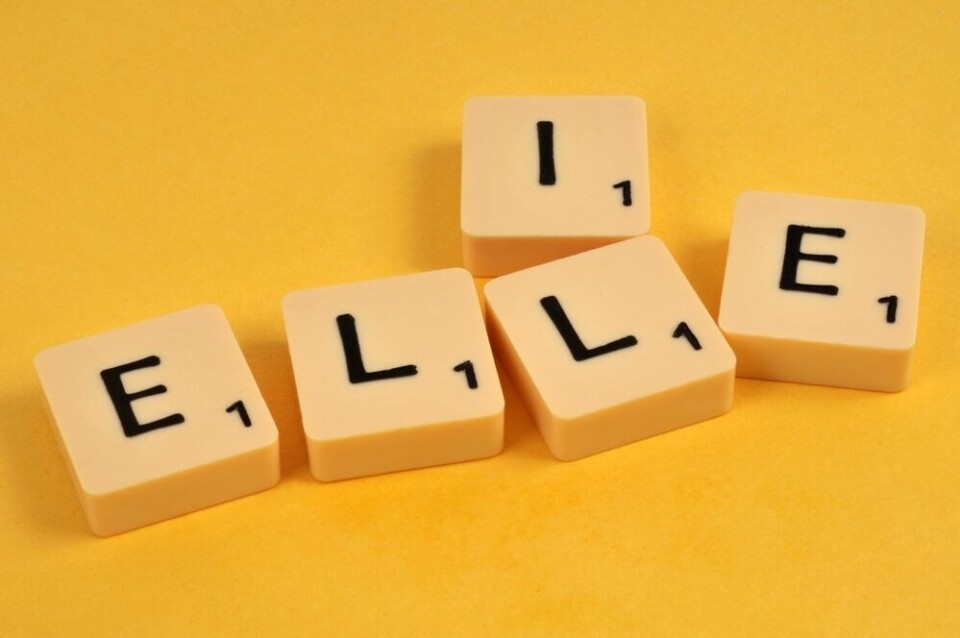-
Learning French: Have you ever dreamt in your target language?
From passive listening to active speaking, dreaming in French can indicate you are regularly practicing it
-
Learning French: what does fastoche mean and when should it be used?
Plus, can you guess the meaning behind more simple slang terms ending in -oche
-
Learning French: when and why do we say montrer patte blanche?
A French fairytale phrase for trustworthiness
Debate over gender-inclusive terms in French reopens
An MP is proposing that the use of ‘iel’ instead of il or elle and formats such as président.e.s disappear from official communications

Gender-inclusive terms such as président.e.s may be banned from official communications in France under a proposed law that would also see them disappear from the workplace, advertising and contracts.
The law, proposed by rightwing (Les Républicains) senator Pascale Gruny (Aisne), seeks to ban the use of such language from “whenever the legislation (or regulatory bodies) require a text to be written in French”.
The language in question includes:
- iel used for both il and elle - or he and she
- celleux, used for both celles and ceux - or those
- The use of the suffix .e at the end of words. For example “président.e.s”, to refer at once to both male and female presidents.
The proposal would essentially extend the loi Toubon, which requires advertising to be written in French, by declaring such terms ‘not French’. The terms might still appear, but would require a translation.
Senators will vote on the potentially divisive proposal on October 30.
Senator Cédric Vial (Savoie) told Agence France Press that the terms are confusing.
“It’s a practice that really is against inclusion,” he said.
“Those who are most affected by its use are people who struggle to read or have handicaps. It’s just another constraint. In order to be more inclusive we have to simplify language.”
What is gender-neutral language?
Gender differences are omnipresent in French, which can lead to a greater potential for discrimination than in English.
Many professions are gendered, for example professeur/professeure (teacher), or éditeur/éditrice (editor).
Similarly, while English speakers can use either ‘they’ or ‘it’ as gender neutral terms, French has no pronoun for ‘it’ and both ‘ils’ and ‘elles’ are gendered.
Read more: Why France is more resistant than many countries to wokeism
What is the debate on the use of gender neutral language in France?
Gender-inclusive language was banned in schools in 2021 by then-Minister of Education Jean-Michel Blanquer.
However, some mairies still use gender neutral language in very public ways.
In March 2023, the Paris mairie won a case brought by Afrav, an association for the defence of the French language, that sought the removal of a commemorative plaque written with combined masculine and feminine words.
The offending term was “Conseiller.e.s de Paris” - Paris councillors.
The Administrative court ruled that the use of language here “had no effect on its legality”
The Académie française wrote an open letter discouraging the use of such language in 2021.
“Inclusive language is against the democratic nature of language,” wrote the then Perpetual Secretary Hélène Carrère d’Encausse.
“Asides from the fact that it does not correspond to the spoken language, it essentially imposes a second language, the complexity of which penalises people with cognitive handicaps, such as dyslexia, dyspraxia or apraxia.
“Ultimately, this attempt to make things fairer simply reinforces inequality”
Read more:
First chairwoman of top language body Académie française dies at 94
Seven words which even French people confuse masculine/feminine
Why translating French word-for-word can help - or confuse
Seven words you will often hear in spoken French
























